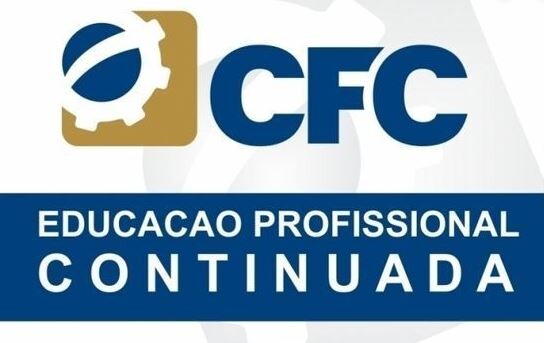You need to complete 5 essential objectives and 4 technical objectives from a list of 17 items. Find out what the goals are:
ESSENTIALS – mandatory to complete all 5
1 Ethics and professionalism
2 Stakeholder relationship management
3 Strategy and innovation
4 Governance, risk and control
5 Leadership and management
TECHNICAL – choose 4 from these items
Corporate and business reporting
6 Record and process transactions and events
7 Prepare external financial reports
8 Analyze and interpret financial reports financial management
9 Evaluate investment and financing decisions
10 Manage and control working capital
11 Identify and manage financial riskmanagement accounting
12 Evaluate management accounting systems
13 Plan and control performance
14 Monitor performance
Taxation
15 Tax computations and assessments
16 Tax compliance and verification
17 Tax planning and advice audit and assurance
18 Prepare for and plan the audit and assurance process
19 Collect and evaluate evidence for an audit or assurance engagement
20 Review and report on the findings of an audit or assurance engagement
advisory and consultancy
21 Business advisory
Data, digital and technology
22 Data analysis and decision support




